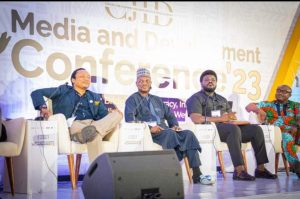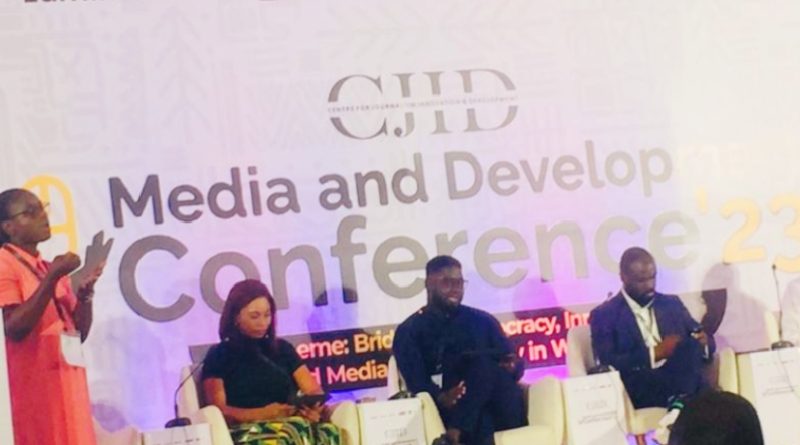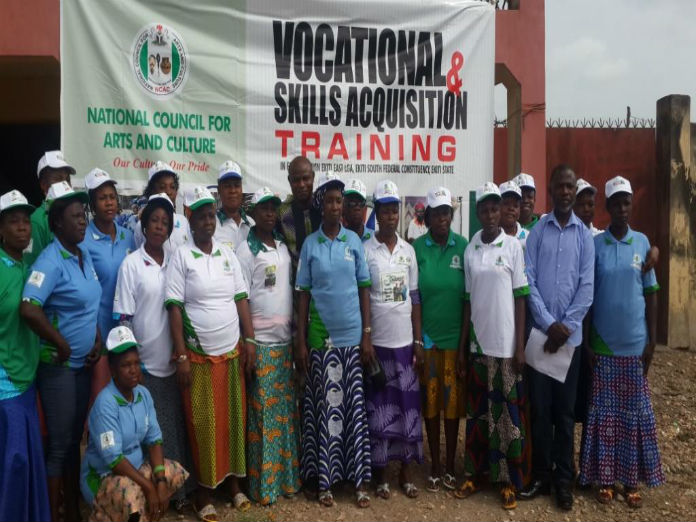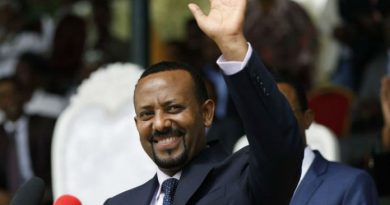CJID holds media development conference for Stakeholders
State Correspondent
The Centre for Journalism Innovation and Development (CJID), held a media development conference for Journalists and media stakeholders between 13- 15 November, 2023.
The conference which aimsto address critical issues related to media, democracy, and sustainable development in West Africa, brought together more than 250 delegates to Abuja from within and outside the country had delegates including journalists, media experts, technologists, academics, and policymakers.
The conference is tagged “Bridging Democracy, Development, Innovation, and Media Sustainability.”
The primary objective of the conference, according to CJID, is to create a robust platform for relevant media experts, donor agencies and policymakers to engage in a comprehensive dialogue on the state of media and democracy in West Africa.
Other objectives of the event are to explore media innovations, technological models and tools that can help fortify the profession and address its sustainability challenge, facilitate a constructive dialogue on cross-sectoral cooperation and formulate actionable strategies for sustainable and inclusive development in West Africa.
The other objective is to explore the complex dimensions of how emerging AI and digital disruption present opportunities and challenges for the future of democracy in Africa.
On the first day there was a welcome address from the Board Chair, CJID, Umaru Pate, a professor. There were goodwill messages from a host of guests including Toyin Akinniyi, Vice President (Africa), Luminate; Kole Shettima, Africa Director, MacArthur Foundation; Juan Sell, Ambassador of Spain to Nigeria; Calum Walker, Second Secretary (Political) Australian High Commissioner, Abuja; and Tola Odeyemi, CEO, Nigerian Postal Service, among others.
Panel sessions include Development in Africa: Navigating income inequality, economic stagnation and future of work; Advancing innovative ways and practices to reduce maternal and neonatal mortality; Corrosive and constructive capital inflow in Africa: regulatory frameworks and governance gaps.
Others were: The future of primary healthcare in Africa: strengthening intersectoral collaboration in AI-tech driven solutions, Datasets and tech tools to explore gender nuanced reporting; Regional approaches to addressing corrosive capital and advancing gender transformative norms through media reportage.
There was a presentation of the Award on Civic Tech Initiative for enhancing ethical foreign investments in Africa.
The programs for the second day had conversations around news, technology and innovation in the digital space.
Panel sessions for the day includes Tech for Development: Enhancing Africa’s Digital Economy for Youth Empowerment; Delivering Climate Justice: Accelerating ambition and implementation on adaptation early warnings for all; Democracy, fragility and Human Rights in the Lake Chad Basin; Road to COP28: Advancing Carbon markets and green economy initiatives in Africa; Conflict economy in the Lake Chad Basin: Challenges and resilience.
Other sessions of the day are Media and informative literacy in digital spaces; Bridging the classroom and newsroom divide.




